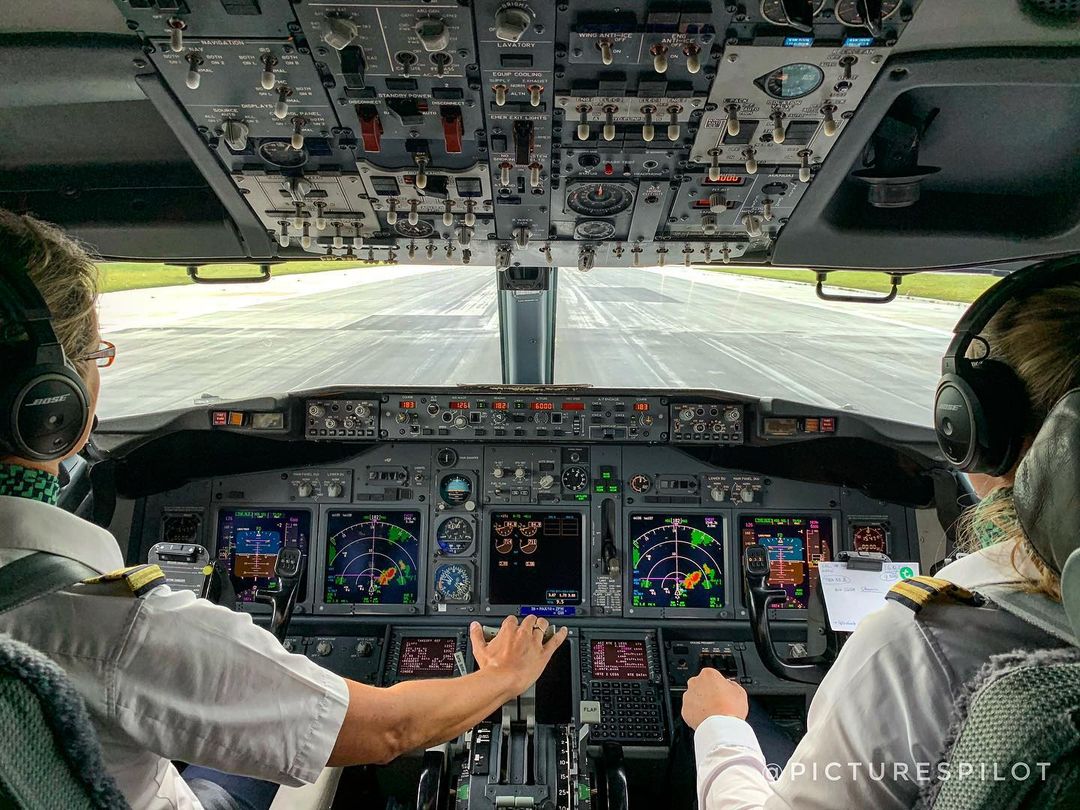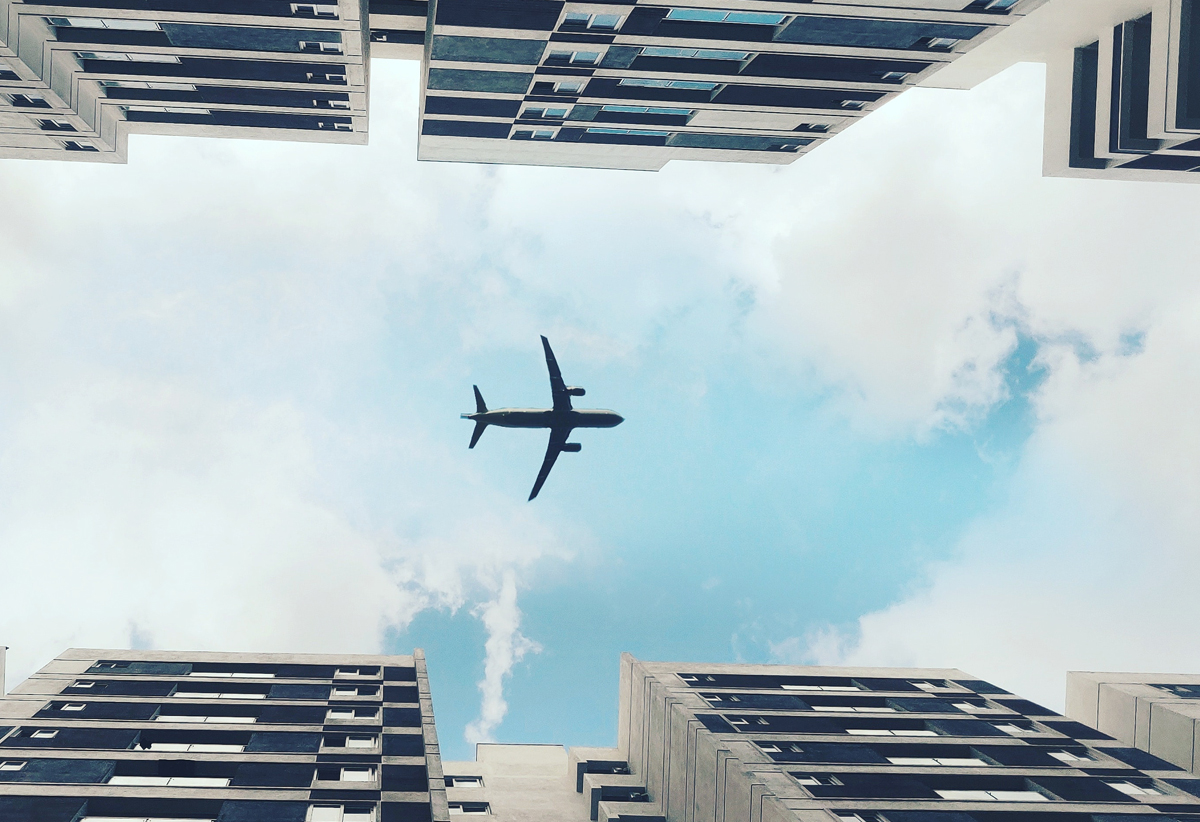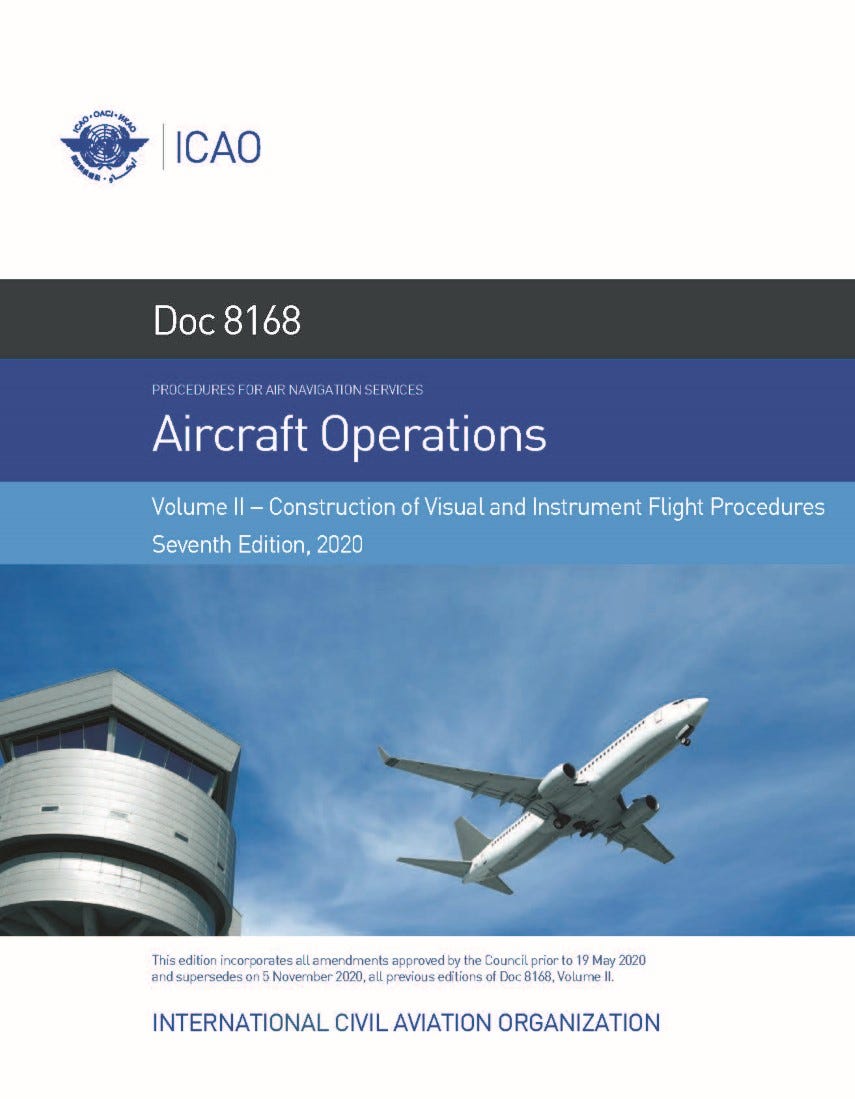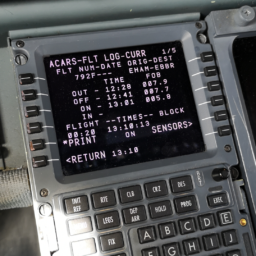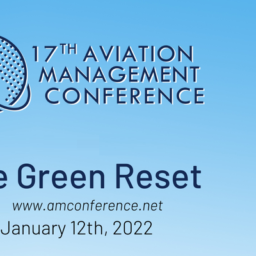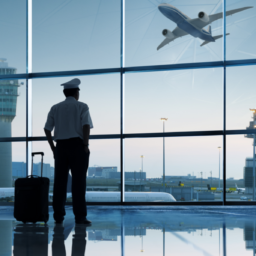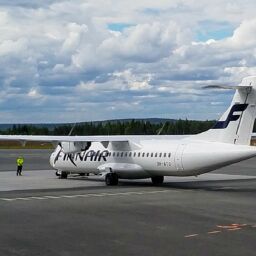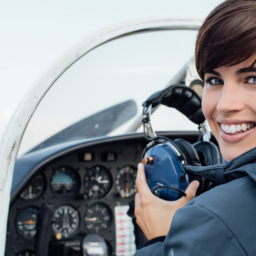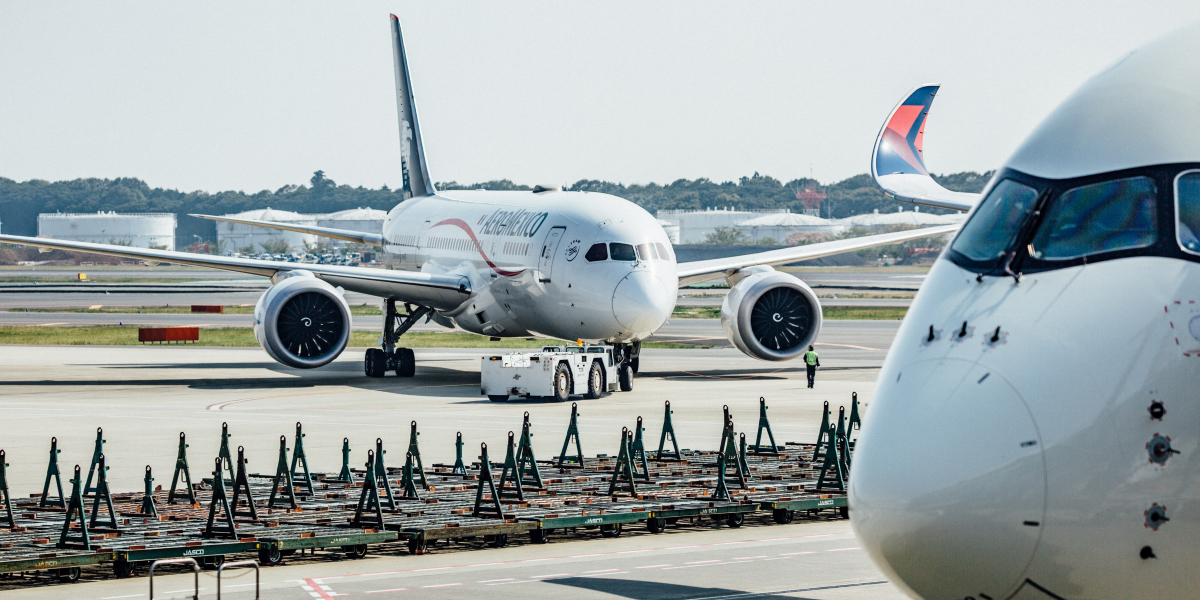
The ever expanding rulemaking in aviation
by Captain Wim De Wannemacker
Many colleagues recognize the weekly torrent of company notes, effortlessly sent to you in electronic format. Events like the 9/11 terror attacks, accidents caused by human error and the Covid-19 pandemic certainly merit additional regulation. But from my own experience, I reckon that in my 23 years of flying, the amount of rules, regulations and procedures governing my job as an airline pilot has doubled. That doubling has taken place despite the fact that we are flying the same aircraft and the same kind of operations. That leads me to ask: is this growing mountain of rules justified? Do these new rules add any value to safety? Looking at Western statistics, airline transport was safe twenty years ago and is still safe today. So I wonder, do we really need additional regulation?
I personally believe that extra ruling isn’t always the answer and can even become counter-productive. Don’t get me wrong, rules are certainly necessary, but I tend to say there is a limit. Rules are based on events and experience. When things go wrong, we create rules to avoid a repeat. But it seems like many rules are based on pure imagination. Companies try to imagine all kinds of unwanted scenarios and then create new rules to hopefully avoid occurrence. As a human, we do not like risks and we try to create a zero-risk environment. In the same way, aviation authorities and airline companies try to control every imaginable scenario, whether normal or non-normal, to create their own zero-risk paradise. This results in an ever increasing amount of rules and, especially for pilots, this is considered the price we have to pay to reach zero-risk.
However, we have to accept that we will never live in a zero-risk world, even with an unlimited number of new rules. Human beings are not computer programs, you can’t just drop in another line of code to fine-tune the pilot. Instead, rules should provide a framework to help pilots cope with the complexities of everyday operations and emergencies. I mean just a “framework”, not an endlessly long User Guide causing the human memory to struggle.
It is very convenient for the authorities and airline management to put responsibility with the flight crew for not doing exactly as described in book III, chapter 12, paragraph 2.8, subsection b. I vote to restore the balance. Clean-up the mess of too many rules and procedures. Make the regulations healthy again, with the focus on helping pilots. Rule makers should have faith in our cognitive abilities. After all, that’s what human beings are good at: we observe, analyze, act and adapt in an always changing environment. This rulemaking approach is far more efficient than an endlessly increasing set of rules in the book.
This approach creates a more satisfying and motivating working environment, and pilots should be trained accordingly. Make pilots more resilient. Don’t make them become autopilots that are programmed to simply execute a set of rules. But train them to take healthy decisions, to cope with the complexities of daily operations and emergencies. The books are important, but they should be the starting point. Books should not and cannot give the answer to all scenarios. Overreliance on printed rules can actually lead to a false and dangerous feeling of being in control of any situation.
With today’s unprecedented pandemic crisis, I’m afraid that we are facing another significant expansion in rulemaking. Local authorities and airlines are in overdrive for yet another round of extra rules and new procedures. Looking at the past, we see that rules that were initially created to deal with temporary animalities get etched in stone. When the crisis is over, these temporary rules become ‘indispensable’ for no reason. Let’s avoid the same mistake with this crisis.
Share this article with your friends and colleagues:


